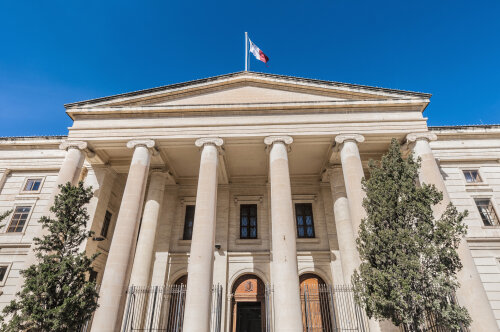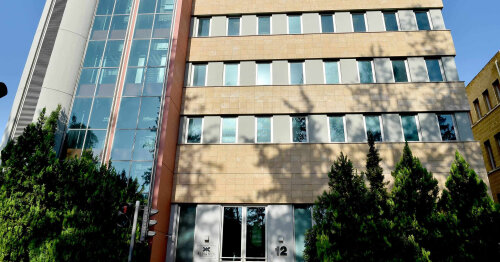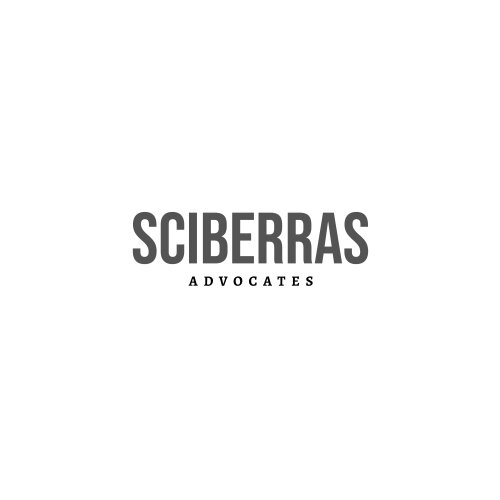Best Asylum Lawyers in Birkirkara
Share your needs with us, get contacted by law firms.
Free. Takes 2 min.
List of the best lawyers in Birkirkara, Malta
About Asylum Law in Birkirkara, Malta
Asylum law in Birkirkara, and Malta in general, is governed by both national legislation and international conventions to which Malta is a signatory. Asylum seekers are people who seek protection because they have a well-founded fear of persecution due to race, religion, nationality, membership in a particular social group, or political opinion. The process is overseen by the Office of the Refugee Commissioner in Malta, which assesses each application and determines the eligibility of the applicant for refugee status or subsidiary protection.
Why You May Need a Lawyer
Securing asylum is a complex and often stressful process that requires a deep understanding of legal procedures and regulations. There are several situations where seeking the help of a specialized lawyer could be crucial:
- If you are unfamiliar with the local and international laws governing asylum.
- If your initial asylum application has been denied and you wish to appeal the decision.
- If there are complexities in your case, such as lack of documentation or inconsistencies in your account.
- If you need representation during interviews and hearings.
- If you are facing detention or deportation.
- If you need help compiling evidence to support your asylum claim.
Local Laws Overview
Asylum laws in Malta are guided by both national and EU legislation. Some of the key aspects include:
- Malta Refugees Act: This national law deals with the recognition of refugee status, subsidiary protection, and the rights of asylum seekers.
- Dublin Regulation: An EU law determining which EU Member State is responsible for processing an asylum seeker's application.
- Reception Conditions Directive: Establishes standards for the reception of asylum seekers to ensure they have access to housing, food, healthcare, and employment.
- Detention Policy: While Malta does have a policy of detaining asylum seekers upon arrival, detention periods have been amended to comply with EU laws and human rights standards.
- Procedures Directive: Provides the framework for fair and efficient procedures for the granting and withdrawing of international protection.
Frequently Asked Questions
What is the first step to apply for asylum in Birkirkara, Malta?
You should immediately report to the authorities, such as the police or the Office of the Refugee Commissioner, to lodge an asylum claim.
How long does the asylum process take?
The length of the process can vary, but by law, the Office of the Refugee Commissioner aims to decide on applications within six months. However, complex cases may take longer.
What happens if my asylum application is rejected?
If your application is rejected, you have the right to appeal the decision. Legal assistance can be crucial in filing an effective appeal.
Can I work while my asylum application is being processed?
Asylum seekers are allowed to work, but there are certain restrictions and conditions you must meet. Legal advice can help clarify these.
Will I be detained when I apply for asylum?
While Malta has historically detained asylum seekers upon arrival, recent changes in policy have made detention less automatic and more regulated by legal standards.
Can I include my family in my asylum application?
Yes, you can include immediate family members, but each member may need to provide their own statement or evidence for the application.
Do I need to provide documentation to support my asylum claim?
Yes, any form of identification or evidence supporting your claim of persecution can be beneficial in the application process.
Can I choose which EU country to apply for asylum in?
Under the Dublin Regulation, the first EU country you enter is generally responsible for processing your asylum claim.
What rights do I have as an asylum seeker in Malta?
As an asylum seeker, you have rights to basic necessities like food and shelter, healthcare, and legal assistance.
Where can I get more information or help with my application?
Organizations like the Jesuit Refugee Service, the Office of the Refugee Commissioner, and various NGOs provide support and information for asylum seekers.
Additional Resources
Here are some resources that might be helpful:
- Office of the Refugee Commissioner: Responsible for processing asylum applications in Malta.
- Jesuit Refugee Service (JRS) Malta: Provides support and legal assistance to asylum seekers.
- United Nations High Commissioner for Refugees (UNHCR) Malta: Offers guidance and advocacy for refugees and asylum seekers.
- Aditus Foundation: A local NGO offering legal assistance and advocacy for human rights, including those of asylum seekers.
Next Steps
If you or someone you know requires legal assistance with an asylum application in Birkirkara, Malta, here are the steps you should follow:
- Initial Consultation: Seek an initial consultation with a specialized lawyer to understand your case better and what steps you need to take.
- Gather Documentation: Collect all necessary documents and evidence that can support your asylum claim.
- Submit an Application: Fill out and submit your asylum application to the Office of the Refugee Commissioner or relevant authorities.
- Prepare for Interviews: Be prepared for interviews and hearings where you will present your case. Legal representation can be beneficial here.
- Appeal if Necessary: If your application is denied, consult your lawyer about filing an appeal and the best strategies for resubmission.
- Stay Informed: Keep up with the latest updates on asylum laws and any changes that may affect your application or status.
Lawzana helps you find the best lawyers and law firms in Birkirkara through a curated and pre-screened list of qualified legal professionals. Our platform offers rankings and detailed profiles of attorneys and law firms, allowing you to compare based on practice areas, including Asylum, experience, and client feedback.
Each profile includes a description of the firm's areas of practice, client reviews, team members and partners, year of establishment, spoken languages, office locations, contact information, social media presence, and any published articles or resources. Most firms on our platform speak English and are experienced in both local and international legal matters.
Get a quote from top-rated law firms in Birkirkara, Malta — quickly, securely, and without unnecessary hassle.
Disclaimer:
The information provided on this page is for general informational purposes only and does not constitute legal advice. While we strive to ensure the accuracy and relevance of the content, legal information may change over time, and interpretations of the law can vary. You should always consult with a qualified legal professional for advice specific to your situation.
We disclaim all liability for actions taken or not taken based on the content of this page. If you believe any information is incorrect or outdated, please contact us, and we will review and update it where appropriate.













